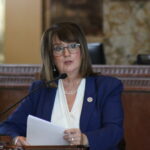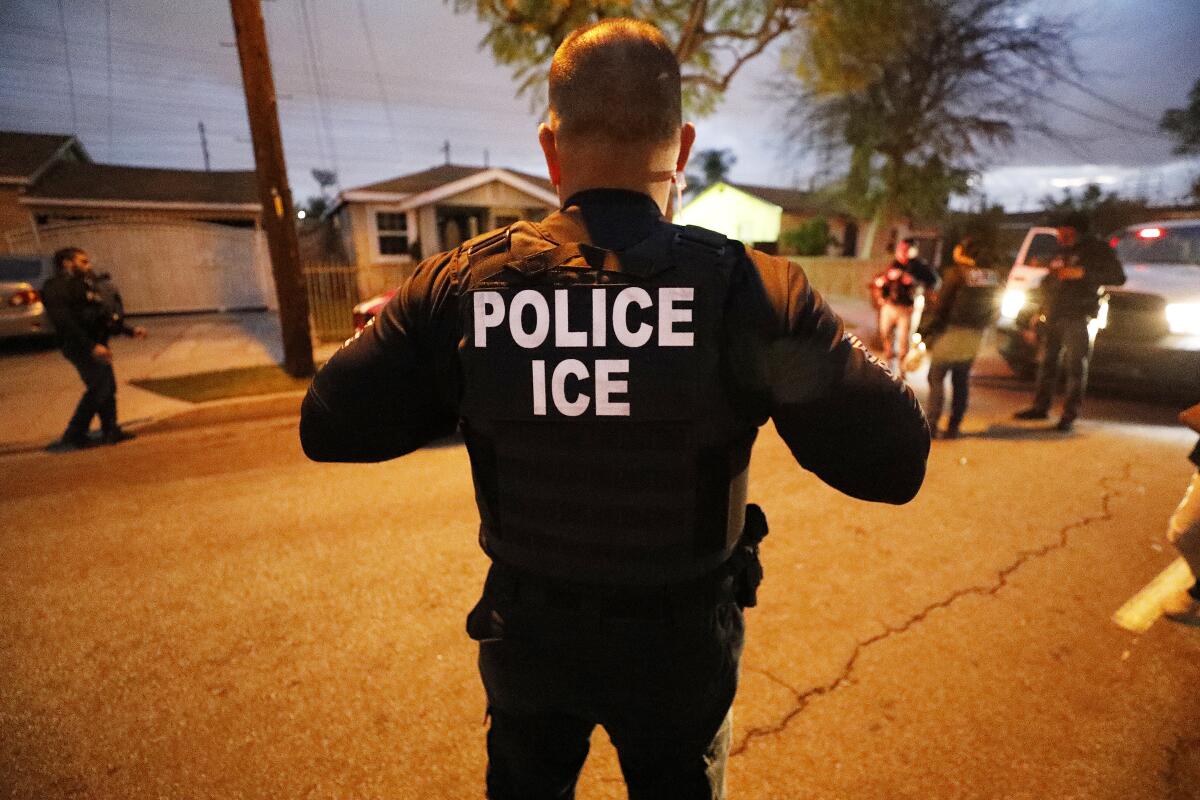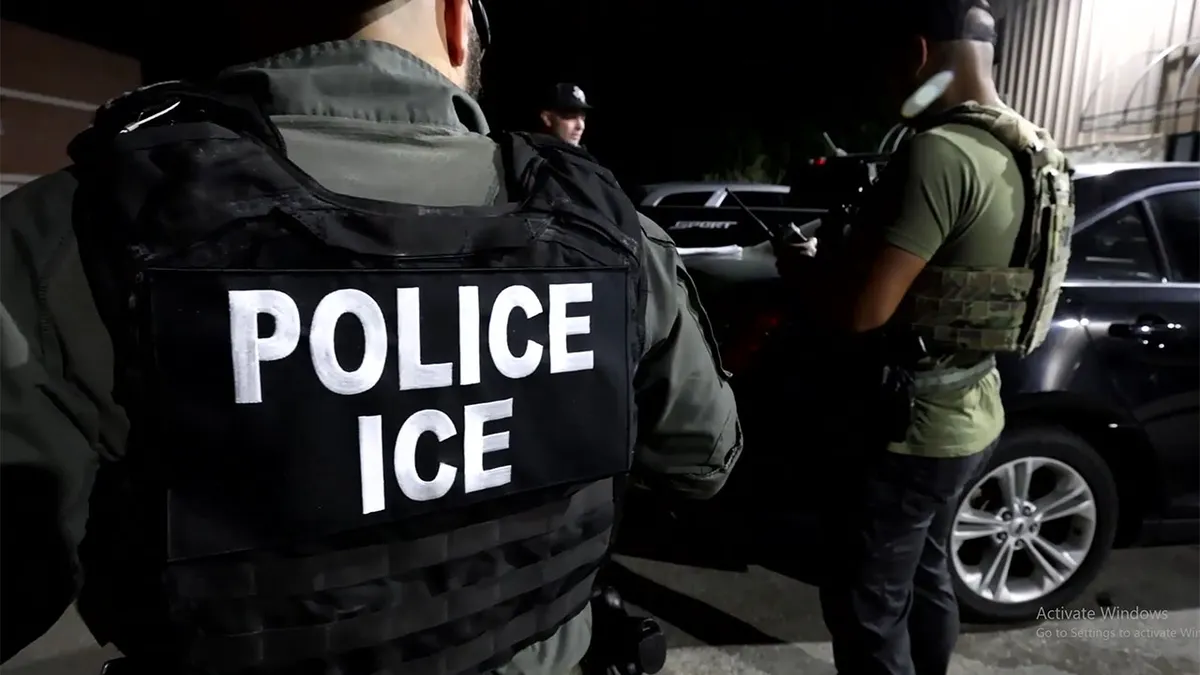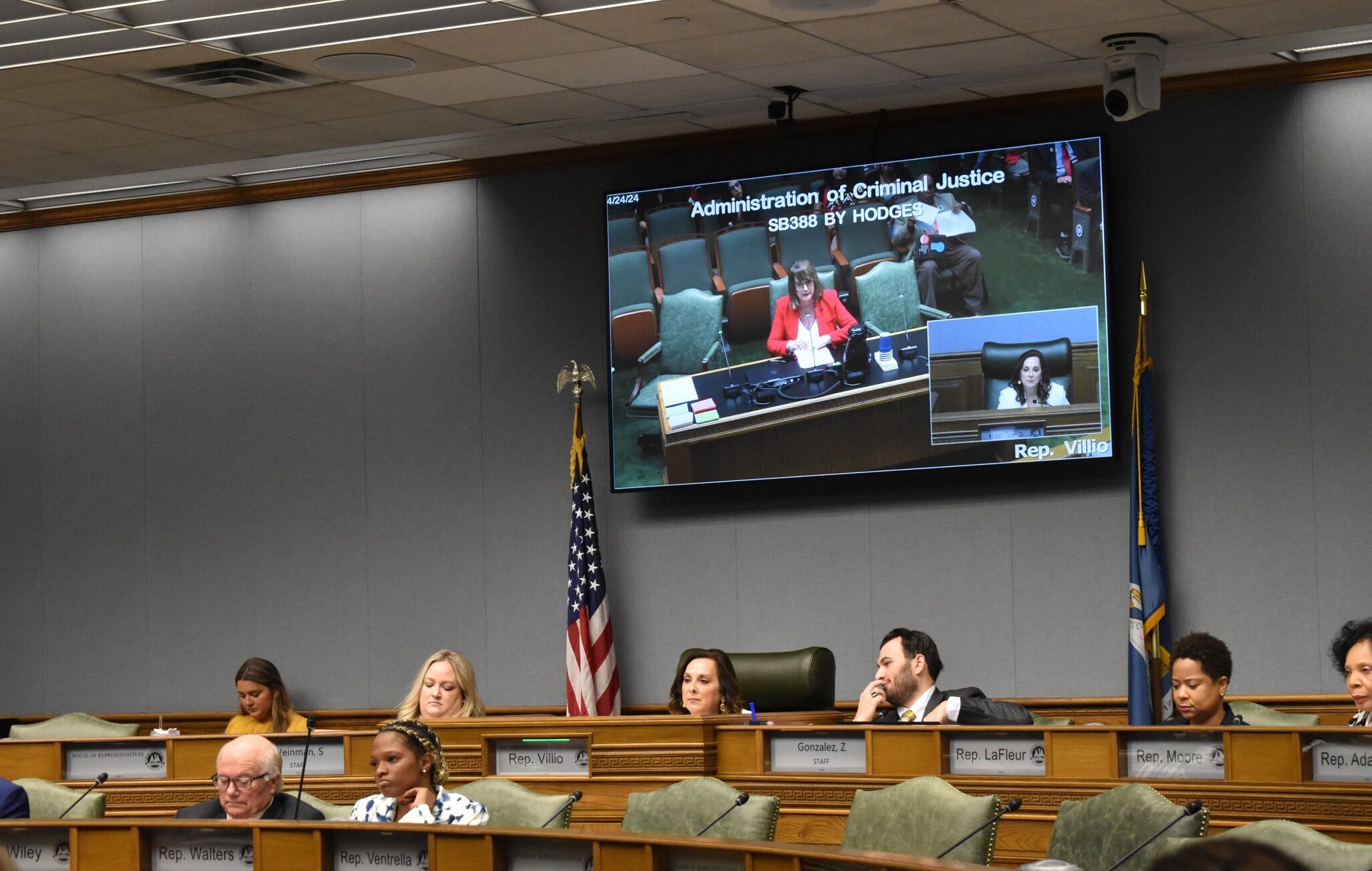Louisiana Senate Bill Seeks Harsh Measures Against Uninsured Noncitizen Drivers
In a legislative move that has stirred controversy and provoked debate among civil rights advocates, Louisiana Senate Bill 279, authored by Senator Michael Fesi of Houma, proposes stringent measures against noncitizen drivers operating vehicles without insurance.
Overview of Senate Bill 279
The bill mandates the immediate impoundment of vehicles driven by noncitizens lacking proper insurance coverage. This proposal targets a specific demographic and has raised alarms about potential profiling and discrimination.
Additionally, Senate Bill 279 requires law enforcement officials to report the immigration status of these drivers to the U.S. Department of Homeland Security’s Immigration and Customs Enforcement (ICE). The implications of such a mandate could extend beyond simple traffic violations, potentially leading to detention and deportation for the individuals involved.
Civil Rights Concerns and Public Safety
The bill’s focus on noncitizen drivers has sparked significant concern among civil liberties groups. They argue that such targeted measures could foster a climate of fear and mistrust within immigrant communities, potentially deterring individuals from engaging with law enforcement even in necessary situations, such as reporting crimes or seeking emergency assistance.
Critics also warn that the impoundment of vehicles and the subsequent reporting to ICE could lead to disproportionate penalties for noncitizens, complicating their daily lives and jeopardizing their employment, which often depends on reliable transportation.
Status of the Bill
After vigorous debate, Senate Bill 279 was temporarily set aside by the Senate Committee on Transportation, Highways and Public Works, with a close vote of 4-3. This decision underscores the divisive nature of the legislation and the ongoing deliberations among lawmakers regarding the appropriate measures to handle uninsured drivers without infringing on civil liberties.
As discussions continue, both supporters and opponents of the bill are vocal in their advocacy, emphasizing the need for policies that ensure public safety and uphold the rights of all residents, regardless of citizenship status. The future of Senate Bill 279 remains uncertain, reflecting the complex balance legislators must strike between enforcing the law and maintaining the trust and cooperation of diverse communities.











